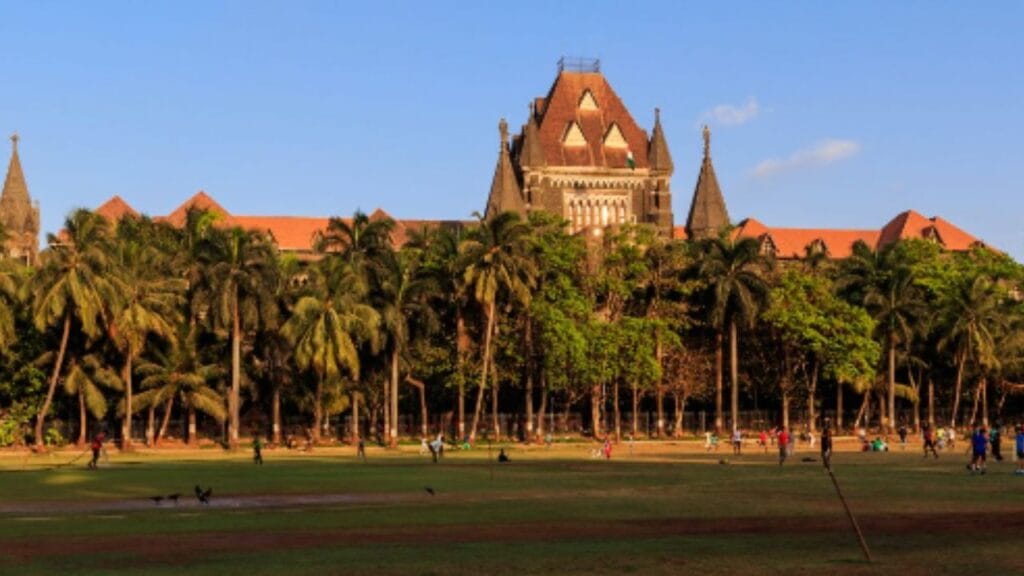Customary Practice Of Requiring Suspended Employee To Mark His Attendance At Factory Gate Illegal: Bombay HC
In a writ case filed by M/s. Hindustan Level Employees Union against Hindustan Unilever Limited (HUL), the court made this ruling.

Customary Practice Of Requiring Suspended Employee To Mark His Attendance At Factory Gate Illegal: Bombay HC
The Bombay High Court ruled that it is unlawful for a suspended employee to be required to sign attendance records. The Court observed that the only legal need is for the suspended employee to notify the employer that he is not working for pay elsewhere.
In a writ case filed by M/s. Hindustan Level Employees Union against Hindustan Unilever Limited (HUL), the court made this ruling.
The question before me is whether the custom of requiring an employee to mark his attendance at the factory gate without the support of any rule, regulation, standing order, or statutory enactment is maintainable in light of the statutory provision of Section 10(A) of the said Act, according to a Single Bench of Justice Milind N. Jadhav Regretfully, it isn’t.
The respondent, the corporation, is not permitted to override the current statutory legal provisions with the help of a customary practice that it follows. It is challenging to accept the respondent company’s argument. A customary practice cannot be equated with a provision of one law or another, and the provisions of the aforementioned Act’s Section 10(A) obviously take precedence over the respondent’s purported customary practice when it comes to the payment of subsistence allowance.
The Bench further stated that an employee’s claim for subsistence allowance cannot be denied on the grounds of a customary practice that the company follows if it is determined that the customary practice clearly violates Section 10(A) of the Industrial Employment (Standing Orders) Act, 1946 (IESO Act).
Attorney Supriya Mujumdar represented the respondent, HUL/company, while Advocate Jane Cox represented the petitioner, Union.
Brief Facts
The union’s claim for subsistence allowance was denied by the company on the grounds that the suspended employee failed to show up at the factory gate to record his attendance in the muster or register that was made available for that purpose while he was suspended. This was the subject of the writ petition, which challenged the award rejecting the reference. The decision concluded that as the suspended employee did not regularly attend the factory and sign the muster or register, the denial of subsistence stipend was lawful and justifiable.
According to the Union, calling upon a suspended employee to physically attend work and sign the muster each day at the factory gate was not mandated by law in order for that employee to get subsistence payment. Nonetheless, the Labour Court affirmed the company’s decision. Thus, the High Court was hearing the case.
Whether the company’s actions comply with the terms of Section 10(A) of the IESO Act was the question up for decision before the High Court.
The High Court in view of the above question observed, “The Labour Court in the impugned award in paragraph No. 20 thereof, has taken a parochial view of the aforementioned issue, which was before it for adjudication. Once the petitioner places on record its grievance for non-payment of subsistence allowance, it cannot be held that no contention has been raised about the condition put by the employer that it is against the provisions of law. The findings given in paragraph No.20, that the evidence of the employee is silent about the provisions of law according to which the condition of attendance at the gate of the factory every day during the period of suspension is illegal, cannot be sustained.”
The Court further stated that any requirement made by the employer, particularly one that directly affects the eligibility for subsistence allowance, must fall between the bounds and guidelines of Section 10(A) of the aforementioned Act. It further stated that the terms set forth by the business are unlawful and go against the mentioned clause.
“It is an unfair, unjust, and malafide condition that is contrary to the provisions of Section 10(A) of the said Act. What is required under the law is for the suspended employee to inform the employer that he is not gainfully employed elsewhere, and nothing more. Once the statutory provisions do not provide for requiring marking of attendance every day, such an introduction of a stipulation as per customary practice is illegal in law, no matter what the concerned employer desires from introducing such a condition, it said.
As a result, the High Court granted the petition, overturned the contested award, and ordered the business to reimburse the suspended employee for the full amount due within a week, plus interest.
Cause Title: M/s. Hindustan Level Employees Union v. M/s. Hindustan Unilever Limited (Neutral Citation: 2024:BHC-AS:282)
Read more HR news like this on PropleManager.co.in
Value our content… contribute towards our growth. Even a small contribution per month would be of great help to us. Since our establishment, we have been serving the industry through daily news and updates.
Our content is free for all, and we plan to keep it that way
Support the People Manager. Pay Here (All it takes is a minute)
- Financial Crisis Cannot Compel an Employee to Work, Resignation Rejection Amount to Bonded Labour: Kerala High Court. - February 17, 2026
- Pernod Ricard India introduces Cheers VRorld, an industry-first VR-powered onboarding experience in the Alco-Bev sector - February 11, 2026
- Jio-bp Appoints Sareeta Bhatikar as Chief Human Resources Officer to Steer Next Phase of Growth - February 11, 2026









